Zeaxanthin and lutein, two additional minerals found in peaches, enhance eye health. Peaches contain caffeic acid, a potent antioxidant that can slow the growth of some cancer cells.
1. Peaches contain a lot of vitamin C.
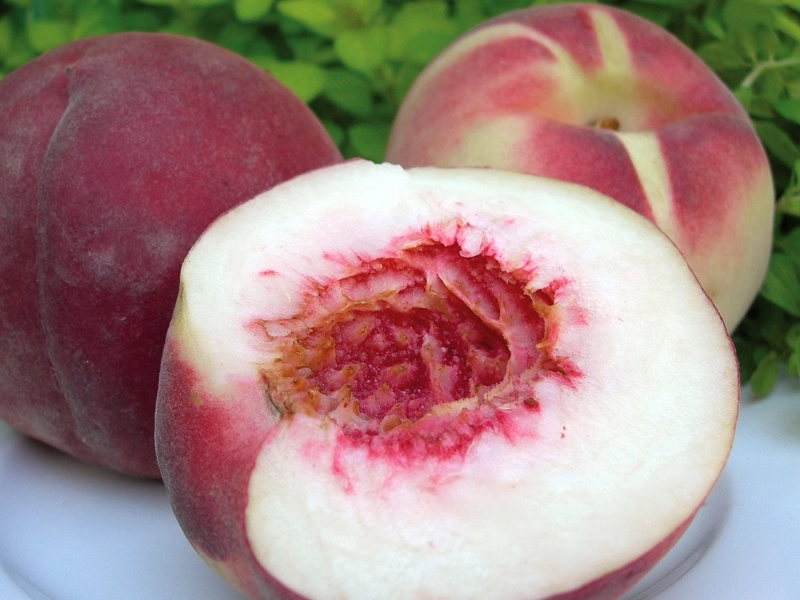
Vitamin C is abundant in peaches and helps reduce oxidative stress, which can harm cells and raise the risk of heart disease. They also include potassium, which, according to the Cleveland Clinic, helps counteract the effects of a diet high in sodium and may lower blood pressure.
In addition to relaxing blood vessels and enhancing blood flow, potassium also lowers cholesterol. According to the USDA, one medium peach offers 6% of your daily requirement for potassium.
A serving of peaches is a fantastic source of soluble fibre, which maintains healthy levels of cholesterol and blood sugar. Peaches can be grilled for a cool summer dish or added to your favourite salad. Choose frozen or canned peaches without sugar if you can't find fresh ones. Each week, try to eat two servings of the fruit.
2. They have a lot of potassium.
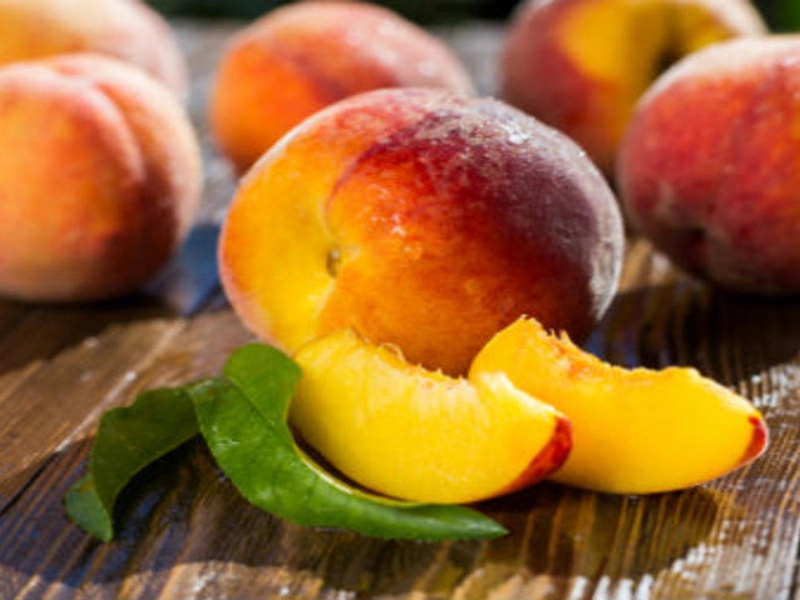
Potassium, which can help lower blood pressure and prevent heart disease, is abundant in peaches. Increased potassium intake and decreased salt intake are among the most effective dietary changes you can make to improve your heart health, according to several cardiology specialists.
In one small peach, less than half a gramme of fat and 1.9 grammes of fibre may be found, with the majority of the fat being heart-healthy monounsaturated fatty acids. A minor quantity of protein is also present in peaches.
Another substance found in peaches, vitamin A, is good for your eyes and can reduce stress. You might obtain a better night's sleep thanks to vitamin A's ability to increase the quality of your sleep and support a healthy neurological system. Night blindness, or xerophthalmia, can result from a severe vitamin A deficit and should be prevented if at all possible. Peaches, along with other fruits and vegetables, are high in vitamin A. Aim for 400 milligrammes of vitamin A overall every day.
3. They have little fat.
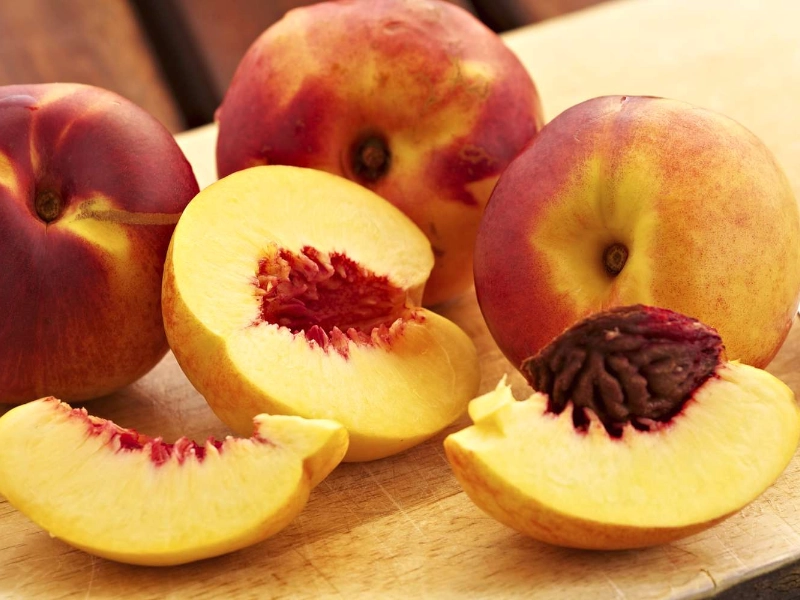
Peaches are a wise addition to a diet intended to reduce obesity because they are low in fat. They also don't contain sodium or cholesterol, which lowers your risk of developing high blood pressure.
Beta-carotene, which the body converts into vitamin A, is found in peach skin. The vitamin gives your skin a natural glow and aids in UV damage prevention. Phytochemicals, which have antioxidant capabilities and can fight cancer, are also present in the skin.
The Cleveland Clinic suggests incorporating peaches into grain bowls, salads, smoothies, and desserts. Avoid peaches with bruising or blemishes and go for fresh fruit with a delicious aroma. When purchasing peaches in cans, search for those without unnecessary ingredients or added sugars.
4. They have a lot of fibre.
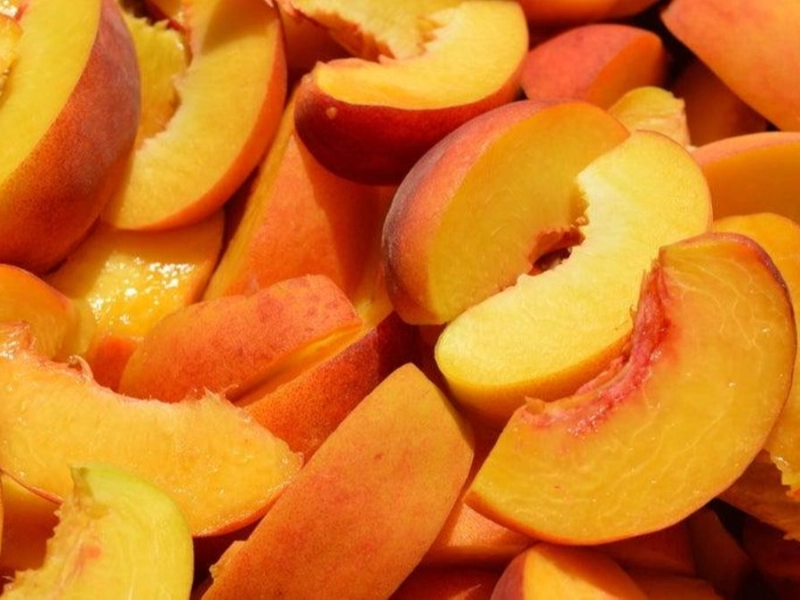
There's something about a juicy, recently picked peach that screams summer, whether you eat them on their own, in fruit salads, or in desserts. But these delicious, sweet stone fruits provide much more than simply a cool flavour (just remember to pack a serviette): they are stuffed with beneficial elements that are good for your body.
Three grammes of dietary fibre, which supports a healthy digestive tract and may lower cholesterol levels, are present in one medium peach. According to the Cleveland Clinic, increasing your daily fibre intake will help you meet the Institute of Medicine's recommendations of 25 grammes for men and 38 grammes for women.
Additionally, a small peach has 11% of the daily recommended amount of vitamin C. This vitamin aids in wound healing, free radical damage prevention, and immune system maintenance. Additionally, it has been connected to skin health; studies indicate that extracts made from peach pits and flowers might lessen UV deterioration and aid in moisture retention in the skin.
Advertisement
Recommended Reading: Will three times a week of swimming tone me up?
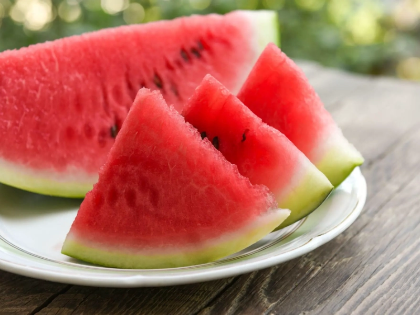
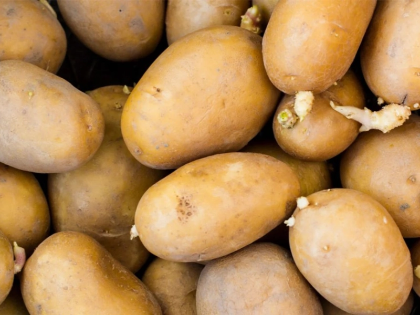
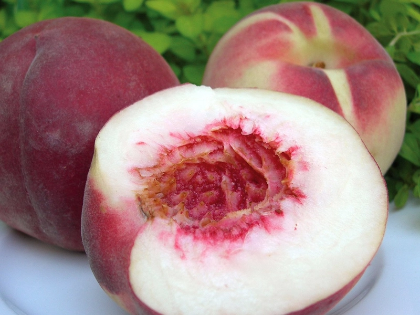
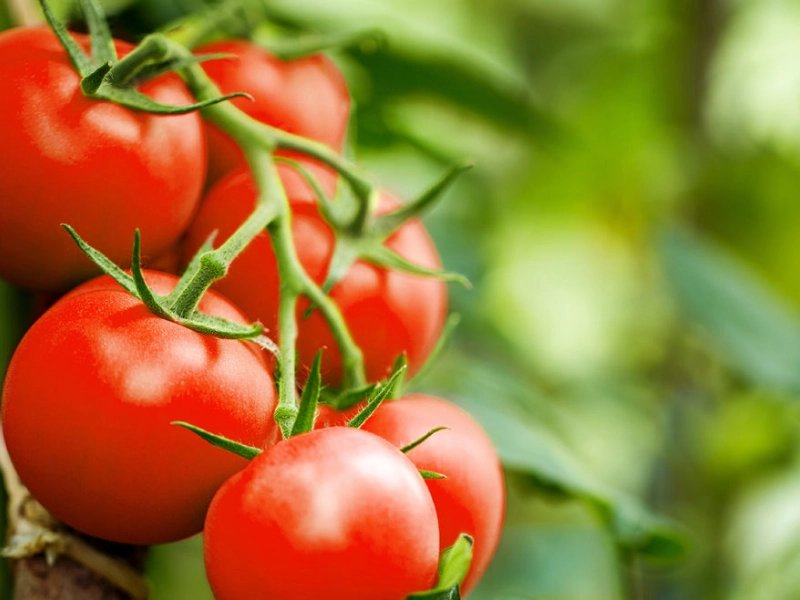

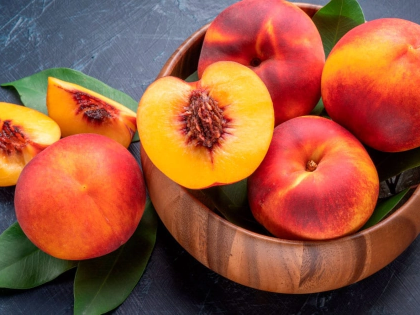
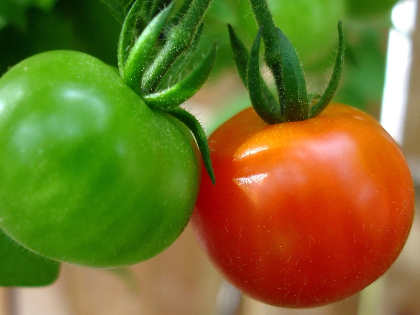
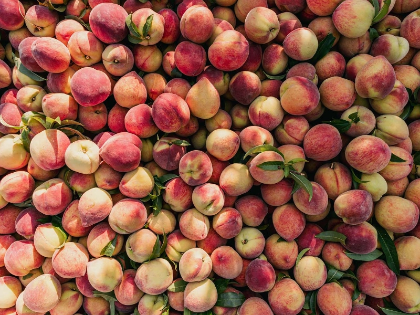


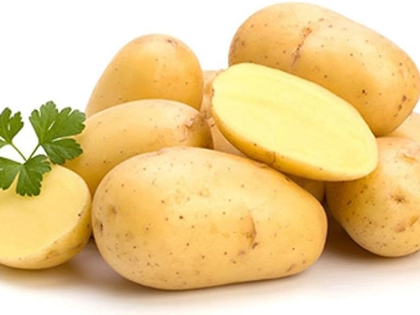
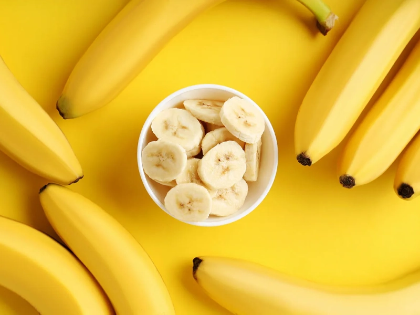





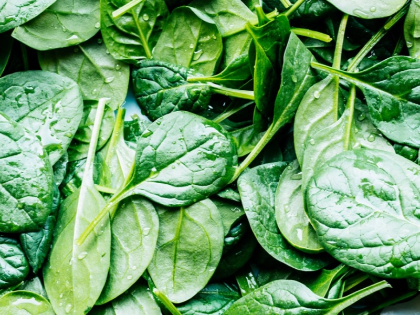

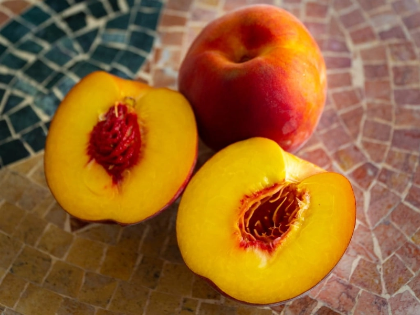

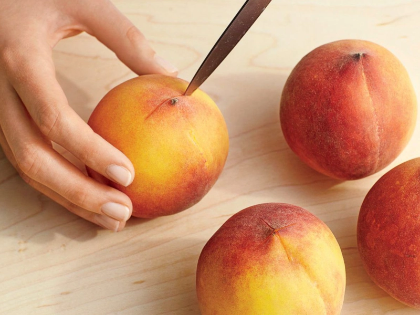
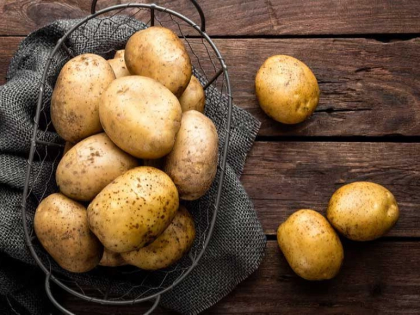

A prompt worth journaling.
Drafting an action list from this.
I appreciate the clarity—others?